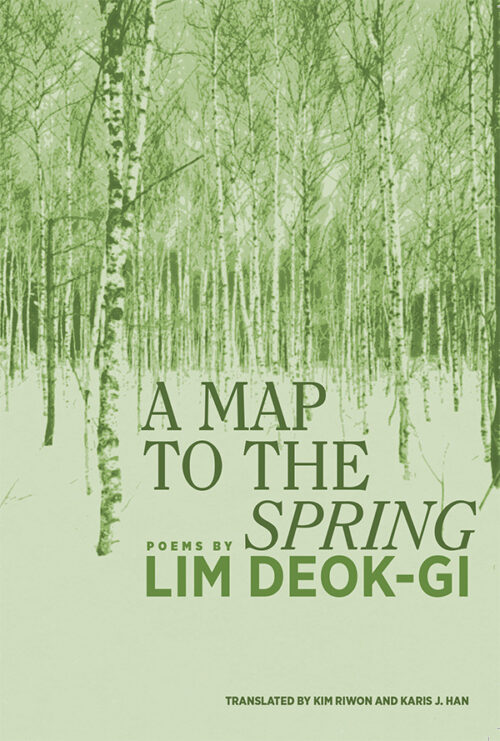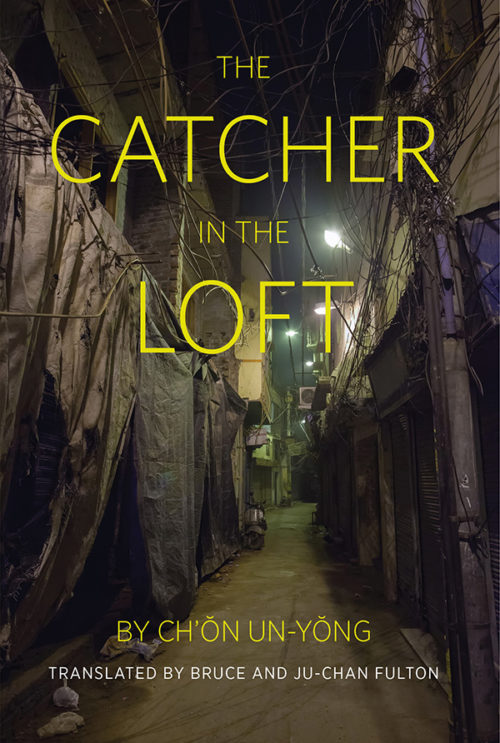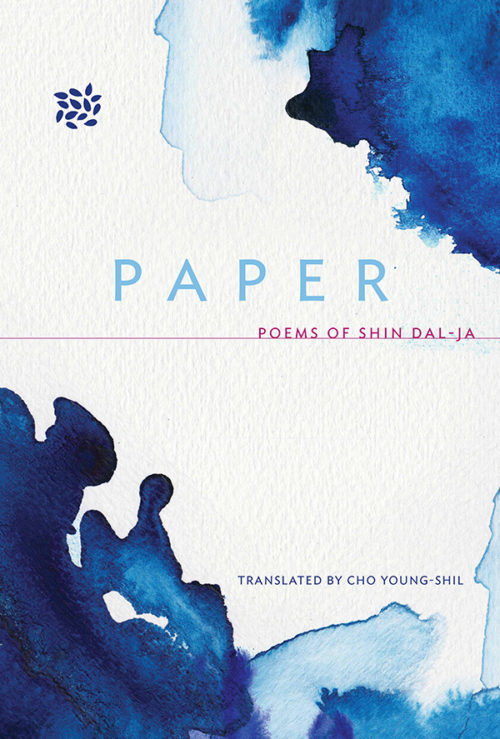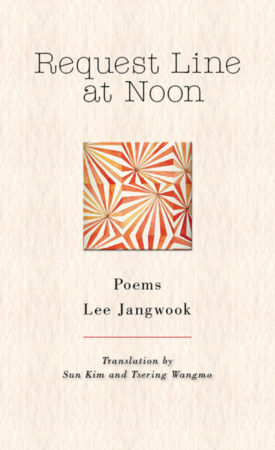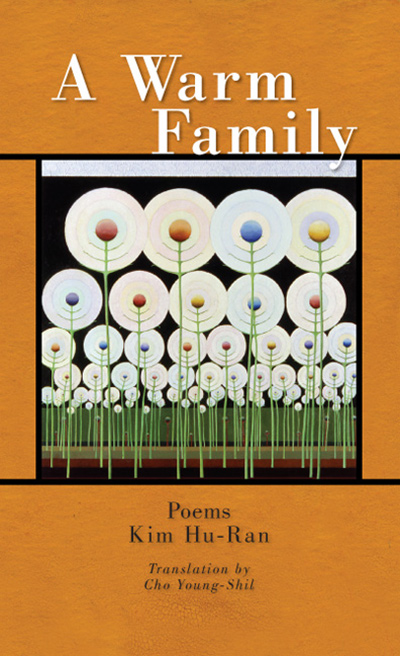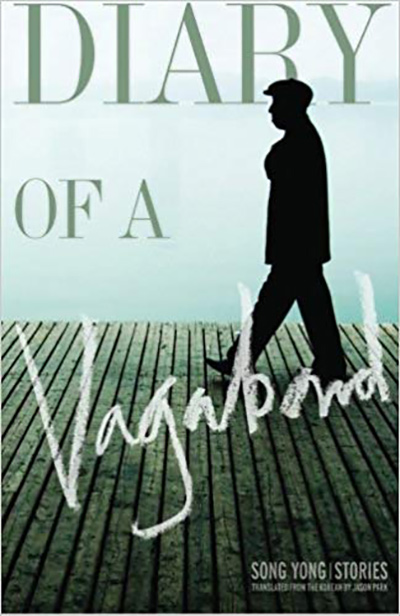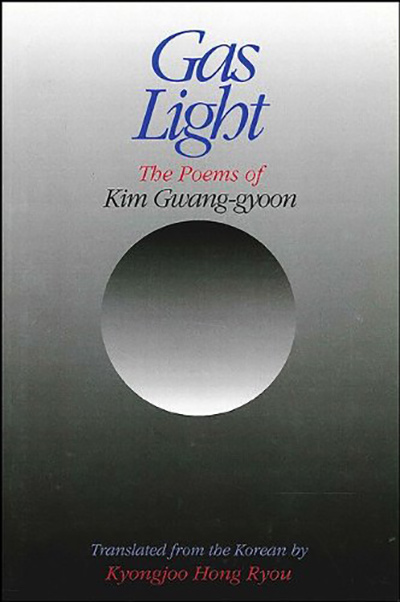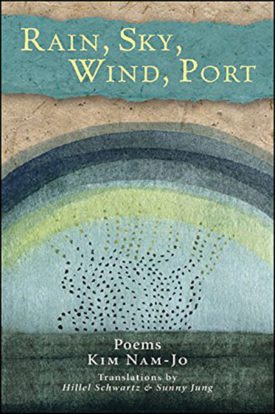-
A Map to the Spring is a translation of collection of poems praising the vitality of life on Earth—including us humans—by Korean poet Lim Deok-Gi. A Map to the Spring invites readers on a poetic journey through the seasons, intertwining reflections on nature and humanity. Through the lens of the poet's experiences, the book explores themes of winter and fall, urging readers to pause and contemplate the beauty and significance of life in all its forms. Lim Deok-Gi's verses serve as a gentle reminder to pay attention to the world around us, lest we overlook the richness and depth of existence. With lyrical prose and profound insights, A Map to the Spring beckons readers to embrace the interconnectedness of all living things and find solace in the ever-renewing cycles of nature. Lim Deok-Gi is a poet and an essayist. She was born in Pohang, North Gyeongsang Province, in Korea. She graduated from Ewha Womans University's Department of Korean Literature and worked as a teacher in middle and high school. She made her debut in Essay Age in 2010, and Essay Literature in 2012 as an essayist. As a poet, she made her debut in Eji Poetry Literary Magazine with “Salt Fields in the Himalayan Valley” and four other poems, in 2014. Her poetry collections are Kondrappda and A Map to the Spring. Her essay collection is Dream of Sculpture Cloth. “A Slanted Tree” was selected by Sejong Sharing Book in 2015, “Different Colors of Water” received the Won Jong-rin Literature Award, Permeate. Currently she is a member of the Women Writers' Committee of the Korean Branch of International PEN Literature, and Director of the Korean Essay Literature Promotion Association, and Ewha Womans University Graduate Writers Association. She is a member of the Korean Writers Association and the Korean Women's Literature Association. About the Translators Kim Riwon graduated with a Masters Degree in Korean-English Translation from the Graduate School of Translation and Interpretation at Ewha Womans University in Seoul, Korea. Karis J. Han graduated with a B.S. in Psychology at the University of Utah. She graduated with a Masters Degree in Korean-English Translation from the Graduate School of Translation and Interpretation at Ewha Womans University in Seoul, Korea. Paperback Page count: 108 Trim size: 4.5 x 7 in. ISBN: 978-1-949933-27-7
-
Translators: Bruce and Ju-Chan Fulton Inspired by the case of a torture specialist in 1980s South Korea who from 1988 to 2000 was a fugitive in his own house, The Catcher in the Loft (published in South Korea in 2011 as Saenggang) is in equal parts a portrait of a man coming to terms with his notorious past and a coming-of-age story centered in his dependent relationship with his college-age daughter, who has always thought of him as a patriotic policeman. The novel begins at breakneck speed, with a victim perishing under the torture artist (renamed An)’s watch, and a hurried decision that An must take cover. The remainder of the novel is a dual narrative related in turn by the torture artist and his daughter, Sŏn, who must harbor her father in a loft above her room. There follows a counterpoint of concealment (An) and revelation (Sŏn), with the daughter discovering the “festival” of her own body during an infatuation with a university classmate, followed by the sobering knowledge, manifested firsthand in her encounter with one of her father’s shattered victims, that the father she had idolized is a sado-masochist reduced to abject dependence on her for all of his daily needs during his concealment in the loft. When the novel ends, years later, the focus is equally on An’s ultimate capitulation (he turns himself in to the authorities) and Sŏn’s awakening to her autonomy.
-
The image of paper, beautifully wrought as the controlling metaphor, runs through each poem sometimes to lament humanity lost over dazzling civilization, sometimes to call for restoration by means of everything good a sheet of paper symbolizes, all in a voice quite pithy and restrained. This poetry book is a grain of seed in light of the poet’s longing for warm human nature, and of her effort to restore it; it also bears her love for paper.If you tire out, all giddy flustered navigating from site to site, then take a sheet of blank paper and with all your mind write down each letter of your name stroke by stroke. —from “Charm”
2018 | 84 pages
-
From Request Line at Noon… “We were friendly, Inconsiderate. Everyone moved forward to an end. You lost your love And I skipped rope. The surging music At the minimum altitude of my soul; The music from the “Request Line At Noon” We were always Flowing away regularly.…”
—Lee Jangwook Translation by Sun Kim and Tsering Wangmo
2016 | 68 pages
-
From A Warm Family… “ The sun is going down, and in the pureness of silence I drop the day’s anchor. As I shed the sweat-soaked clothes stars in the night sky draw near to me to be my friends, and my family.…”
—Kim Hu-Ran Translation by Cho Young-Shil
2014 | 120 pages
-
Song Yong is not one of the more celebrated writers in Korea but more of an outsider looking in on the mainstream writing establishment in Korea. His work has never seen commercial success, nor it is well-known in Korea, although he is respected among prominent literary critics. The lack of interest in Korean literature in North America makes it difficult to find a publishing venue for "out-of-the ordinary" fiction such as Song Yong's.... Song Yong's fictional world is different from the mainstream Korean fiction in the 70s and 80s that tended to reflect the political struggle for democracy and the consequences of rapid industrialization. It focuses on the alienation of individuals who are marginalized from society for various reasons. They are vulnerable within a homogenous society where dominant public discourse enforces rigid hierarchy, obedience, and conformity. There is little precedent in Korean fiction for Song Yong's calm, subdued and often detached narrative voice. He is one of the few Korean writers influenced by Existentialism in the 70s, and the themes of existential angst and despair appear throughout his work.... Song Yong's stories have a surreal tone which is rare in Korean fiction.... His stories never follow a standard formula or contrived plots but employ a unique narrative voice and technique that can be identified as distinctly his. They may deal with taboo topics in Korean society such as the unequal American-Korean relationship, materialism, and disturbing physical and mental abuses prevalent in the Korean military penal system.... Song Yong's stories display a Kafkaesque world of ordinary people trapped in authoritarian society. They present a different Asian fiction to readers accustomed to the two most common genres: Chinese books on Mao's cultural revolution and Murakami's brand of weird-for-weird's-sake Japanese fiction.
—from the introduction by translator Jason Park
2008 | 190 pages -
A Short Piece It must be that the azaleas Bloom at dawn And fall at dusk. Over the low pine grove Behind the rocks in Samchung Dong They droop Whenever the clouds pass. All through April Unnoticed by any This year's azaleas also Must be blooming in the shade And falling in the shade. —Kim Gwang-gyoon
2007 | 152 pages
-
Out of stockTranslations by Hillel Schwartz & Sunny Jung Kim Namjo's dynamic use of sensual language and vibrant imagery portrays the subtlety of humanity and passion for religious life. Her work has received numerous awards and she has served as chair of the Korean Poet's Association
2010 | 84 pages


